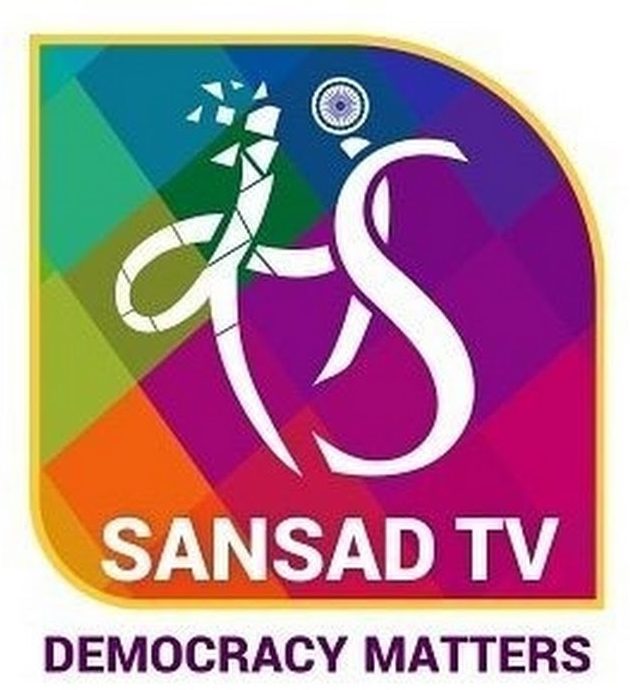[ad_1]

Background of Ukraine issue
- Tensions between Ukraine and Russia, both former Soviet states, escalated in late 2013 over a landmark political and trade deal with the European Union.After the pro-Russian then-President, Viktor Yanukovych, suspended the talks, weeks of protests in Kiev erupted into violence.
- Then, in March 2014, Russia annexed Crimea,an autonomous peninsula in southern Ukraine with strong Russian loyalties, on the pretext that it was defending its interests and those of Russian-speaking citizens.
- Shortly afterwards, pro-Russian separatists in Ukraine’s Donetsk and Luhansk regions declared their independence from Kiev, prompting months of heavy fighting. Despite Kiev and Moscow signing a peace deal in Minsk in 2015,brokered by France and Germany, there have been repeated ceasefire violations.
- India along with 57 other countries had abstained in the United Nations General Assembly Resolution 68/262 in response to the Russian annexation of Crimea on “Territorial integrity of Ukraine” which was adopted on 27 March 2014 with the support of 100 countries.
What’s the issue? What are the demands by Russia?
- Russia stated that only if NATO withdraws their forces from all countries in Europe that joined the alliance after May 1997, would they de-escalate the military build-up.
- This would effectively mean that NATO cannot operate in any of the Baltic nations that border Russia (Latvia, Estonia, Lithuania), central European states such as Poland, Hungary, and the Czech republic, and Balkan states such as Croatia and Slovenia.
- Russia also wants NATO to drop plans of any further ‘enlargement’, which means committing to not accepting Ukraine and Georgia as members. Another demand is that NATO must not hold drills in eastern Europe, Ukraine and Georgia without prior approval from Russia.
Conflict all about:
Tensions between Ukraine and Russia, both former Soviet states, escalated in late 2013 over a landmark political and trade deal with the European Union. After the pro-Russian then-President, Viktor Yanukovych, suspended the talks, weeks of protests in Kiev erupted into violence.
- Then, in March 2014, Russia annexed Crimea, an autonomous peninsula in southern Ukraine with strong Russian loyalties, on the pretext that it was defending its interests and those of Russian-speaking citizens.
- Shortly afterwards, pro-Russian separatists in Ukraine’s Donetsk and Luhansk regions declared their independence from Kiev, prompting months of heavy fighting. Despite Kiev and Moscow signing a peace deal in Minsk in 2015, brokered by France and Germany, there have been repeated ceasefire violations.
Response from the west:
- The S and NATO officials have bluntly stated that Russia’s proposals are unrealistic. They insist that Ukraine and every other country has the right to determine its own foreign policy.
- Citing the principle of sovereignty, they insist that Ukraine, and every other country in eastern Europe, has the right to determine its foreign policy without outside interference and join whichever alliance it wants.
- They have also dismissed the idea of Russia wielding veto power over who gets to become a member of NATO, and pointed out that NATO would not take decisions affecting eastern Europe without involving the countries concerned.
Impact of Ukraine issue on India
- India has economic and defence trade ties with Ukraine, as well as 7,500-odd citizens residing there. There are precedent and principle-related concerns, though many in Delhi argue that power often trumps those.
- In 2014, the Russian annexation of Crimea created problems for India.
- If Moscow again takes military action against Ukraine, it will significantly complicate India’s objectives vis-à-vis Russia, China, the US, Europe, and even Ukraine.
- It would hinder Delhi’s interest in preventing a further deepening of Russia’s ties with China.
- Beyond the strategic challenge that a close Sino-Russian partnership poses for India, a Moscow that is more beholden to Beijing would be particularly problematic at this moment when India is dependent on Russian military supplies and Sino-Indian border tensions could flare up again.
- Russian military action against Ukraine would also impede Delhi’s suggested approach for stalling Sino-Russian ties or fuelling friction between them — that the West, particularly the US, stabilise relations with Russia.
- Russian military action against Ukraine would complicate India’s efforts to maintain a delicate balance between its partnerships with the US, Europe, and Russia. Delhi could try its posture, post the Russian annexation of Crimea, of neither openly criticising nor endorsing Russian actions.
- A worsening Russia-Ukraine conflict would also bring India-US and India-Europe contradictions on Russia to the fore. The western response will involve even more sanctions that will further hinder India’s ability to do business with Russia and diversify Russia-India ties.
- A Russia-Ukraine crisis could also create headwinds for India’s move to deepen security and economic ties with European partners. A crisis nearer home could reduce the latter’s increased attention to Asia, especially India.
Way forward
- Both Russia and the US are highly valued partners of India.
- It would not be judicious to take sides under the current circumstances.
- India should continue to adopt a balanced, neutral approach as it has done so far.
- India needs to be mindful of the fact that it cannot support the coercive, military occupation of a country’s territory by another.
- India should encourage both Russia and the US to try to reach a compromise with a mutually acceptable agreement in the forthcoming meeting in Geneva.
- A conflict between Russia and Ukraine, with the latter supported by the US and Europe, would be in no one’s interest.
- The message should also be clear that another action like the 2014 annexation of Crimea will not be tolerated and would immediately trigger an appropriate response from Ukraine’s allies.
[ad_2]

